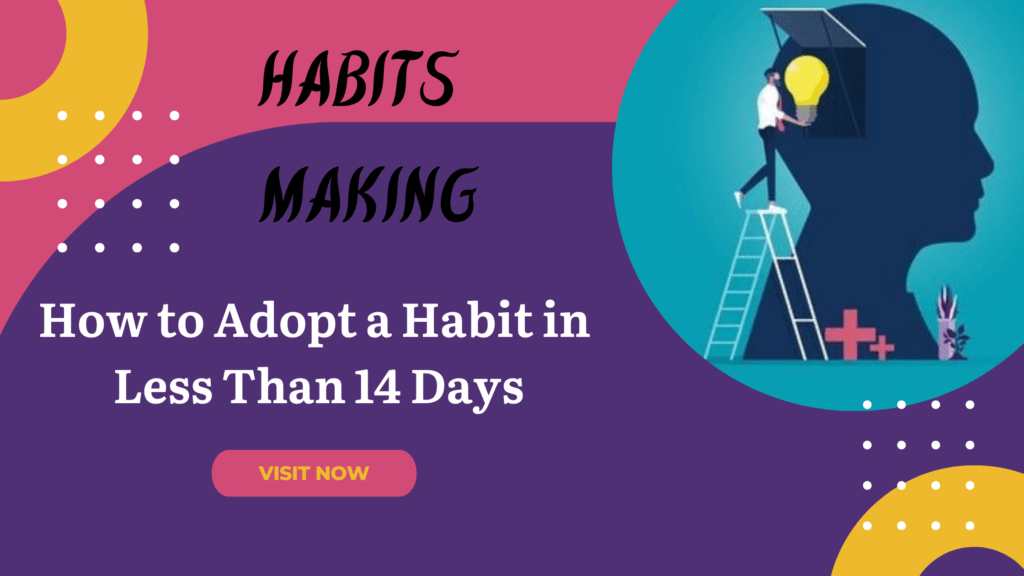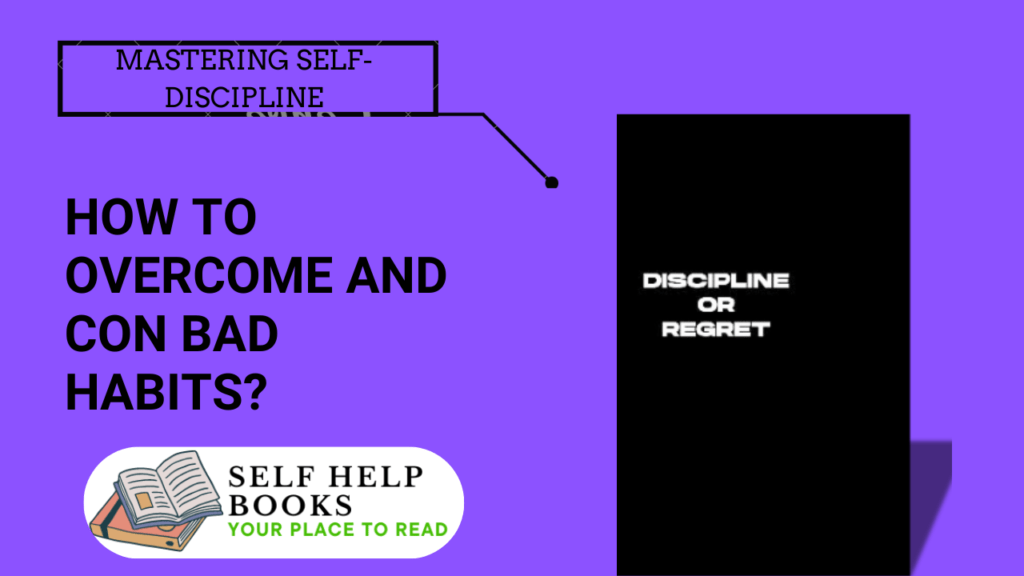In today’s fast world, we often face tough situations that make us feel strong emotions. Learning to manage these feelings can help us grow and become stronger. This article will share practical tips to help you deal with your emotions in hard times. It will help you face life’s challenges with better emotional control and mental strength.
Learning to control your emotions is key in tough times. By understanding how we feel and being aware of ourselves, we can handle our emotions better. This helps us feel better, improves our relationships, and gives us the strength to get through hard times.
Understanding Emotional Regulation
Emotional regulation is key to managing how we feel. It lets us recognize, understand, and control our emotions. This skill is important for our mental health, building resilience, and dealing with tough times.
What is Emotional Regulation?
It’s about knowing our feelings, where they come from, and how to handle them. It helps us respond to situations in a smart way, not just react.
Why is Emotional Regulation Important?
Good emotional regulation is vital for mental health. It helps us deal with stress and bad feelings. It boosts emotional intelligence and resilience. With this skill, we make better choices, keep healthy relationships, and handle stress better in life and work.
| Benefits of Emotional Regulation | Consequences of Poor Emotional Regulation |
|---|---|
| Improved mental well-being Enhanced stress management Stronger emotional intelligence Better decision-making Healthier relationships | Increased risk of mental health issues Difficulty in managing stress and emotions Strained interpersonal relationships Impaired decision-making and problem-solving Overall lower quality of life |
“Emotional regulation is not about suppressing your emotions, but about learning to manage them effectively.”
Identifying Your Emotional Triggers
Recognizing your emotional triggers is the first step in managing your reactions in tough situations. Emotional triggers are specific events or behaviors that make you feel strong emotions like anxiety or anger. By knowing your triggers, you can prepare to respond wisely when faced with them.
Developing self-awareness is crucial to understanding your emotional triggers. Take time to think about your emotional patterns and what situations make you feel strong emotions. Ask yourself:
- What types of events or interactions make you feel anxious, frustrated, or overwhelmed?
- Are there certain people or places that always make you feel negative?
- How do you usually react when you face these situations?
Having more emotional intelligence can also help you spot your triggers. Notice your body’s signals like tension or a fast heartbeat. These signs can show when your emotions are rising. Also, pay attention to your thoughts and beliefs that might be causing your feelings.
After you know your emotional triggers, you can start working on managing them. Use stress management methods like deep breathing or mindfulness to stay calm. Understanding and dealing with your emotional triggers will help you handle tough situations better.
Your Emotions in Difficult Situations
When we face tough times, our emotions can greatly affect how we handle them. It’s important to understand our emotional patterns and be self-aware. These skills help us manage our feelings better.
Recognizing Emotional Patterns
Noticing how intense, long-lasting, and frequent our emotions are can teach us a lot. By knowing these patterns, we can get ready for our emotional responses. This way, we can control them more effectively.
- Watch how intense your emotions are in different situations. Do you feel very strong emotions or more calm ones?
- Keep track of how long your emotions last. Do they stick around for a while or fade fast?
- Think about how often you feel certain emotions in specific situations.
Developing Self-Awareness

Being able to understand and assess your own emotions is a strong tool. It helps you manage your feelings in tough times. By being more self-aware, you can figure out why you feel certain ways and find better ways to deal with them.
- Make time for self-reflection, like journaling or meditation, to learn about your emotional patterns and what sets them off.
- Ask people you trust for their honest thoughts on your emotional tendencies and actions.
- Try mindfulness to stay focused on your feelings in the moment.
By recognizing your emotional patterns and becoming more self-aware, you can handle tough situations better. This leads to better stress management and overall well-being.
“The ability to identify and manage one’s emotions is the key to success in work and life.” – Daniel Goleman, author of “Emotional Intelligence”
Mindfulness Techniques for Emotional Control
Adding mindfulness to your daily life can help you control your emotions better. It teaches you to be present and observe your feelings without getting lost in them. This way, you can manage your emotions and become more resilient.
Breathing Exercises
Focused breathing is a simple yet powerful mindfulness practice. It involves slowing down your breathing and focusing on the sensation of air moving in and out. This can help you manage stress and emotions. It calms your mind, reduces anxiety signs, and grounds you in tough times.
Meditation Practices
Regular meditation is also key for emotional regulation. It helps you watch your thoughts and feelings without judgment. This builds self-awareness and lets you handle tough emotions better. Even a few minutes of meditation each day can greatly improve your emotional control and well-being.
By using these mindfulness methods, you can grow stronger and more emotionally stable. With time, you’ll learn to handle stress, control your emotions, and overcome challenges. This will help you thrive, even when things get tough.
Coping Mechanisms for Adversity
When faced with adversity, it’s key to have good coping strategies. These help keep your emotional well-being strong and build resilience. They guide you through tough times and help manage your feelings in a healthy way.
Problem-solving is a powerful approach. It breaks down big issues into smaller, easier steps. This lets you tackle problems head-on and find solutions.
Getting social support from loved ones or experts is also crucial. Talking to those who care and can offer help can make you feel less alone. It brings a sense of community and support during hard times.
Don’t forget the importance of self-care. Activities like exercise, mindfulness, or hobbies can reduce stress. They give you a break from adversity and help you recharge.
Having many coping mechanisms makes you more resilient. These skills help you deal with stress, stay emotionally balanced, and come out stronger from tough times.
“Resilience is not about being bulletproof; it’s about bouncing back from the bullets.” – Sheryl Sandberg
Conclusion
Managing your emotions in tough times is a key skill to learn. It can get better with practice. By knowing how to regulate your emotions, you can handle hard situations better. This leads to better mental health, stronger bonds, and success in many areas of life.
We’ve talked about why emotional regulation is important. We’ve also looked at how to spot your emotional triggers. Understanding your emotions helps you manage them better.
This article has shown you ways to stay calm and strong when things get tough. Techniques like breathing exercises and meditation can help. These tools give you the power to face challenges with confidence and control.


